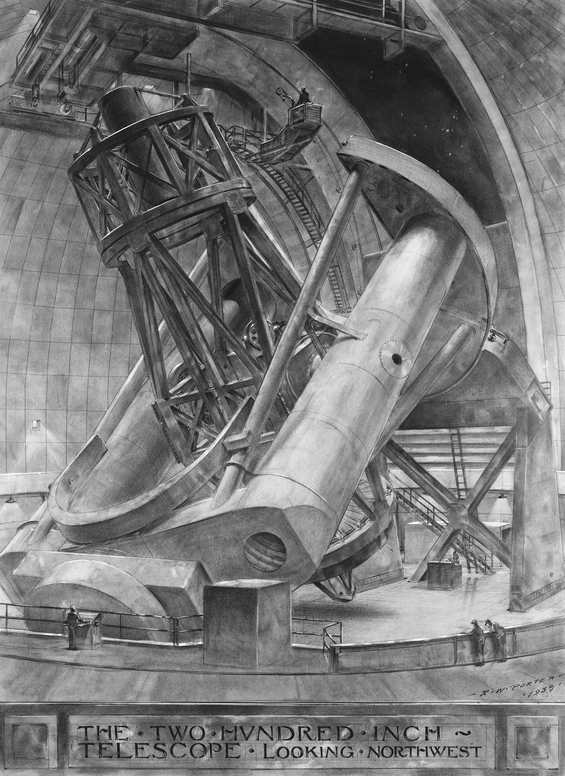High school to graduate levels. The primary sources in this workshop can be used to strengthen critical reading skills, support inquiry-based learning exercises, and expose students to the stories of trial and error that lie behind most scientific or engineering breakthroughs.

Experimentation and Innovation: Building the Hale Telescope
Explore Further
Near East Relief Document Analysis Websites
Grades 4 – 8. The following unit engages students with archival material related to Near East Relief. The unit framework, primary sources, and resources can be integrated into classrooms of grades 4-8. Each lesson has student objectives that can be accomplished within 40 minute periods over the course of several weeks. The final project will be…
HIV/AIDS in the 1980s
Grades 10 – Graduate level/Adult education. This audiovisual media literacy educational resource focuses on video media. Videographic materials often communicate messages visually. Articulating precisely how this is done, through both visual and narrative information, requires critical media literacy skills. Through watching and analyzing these videos, students will explain underlying messages and attitudes within the videos.
Yellow Fever
Grades 4-8. The following unit engages students with archival material related to the yellow fever epidemic during the construction of the Panama Canal. Students will learn about archives, primary and secondary sources through the lens of the yellow fever. They will make connections to other public health campaigns such as tuberculosis and Covid. Applying present…